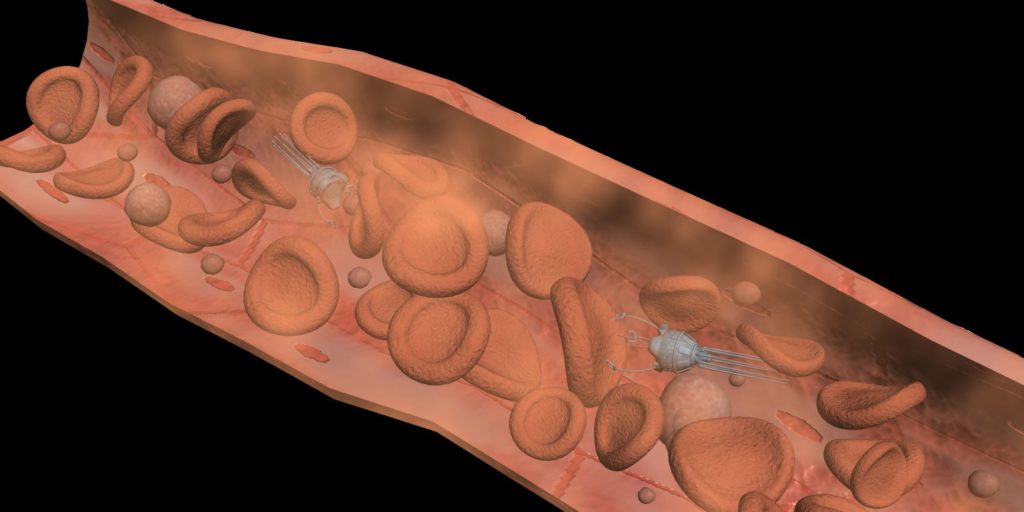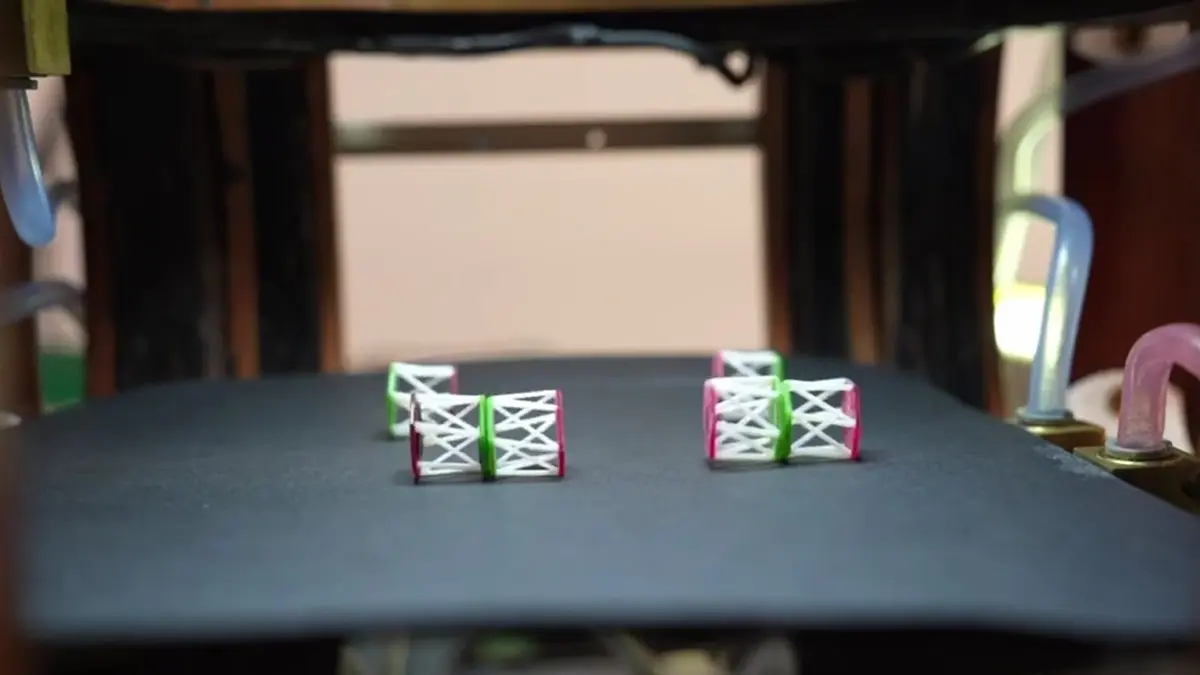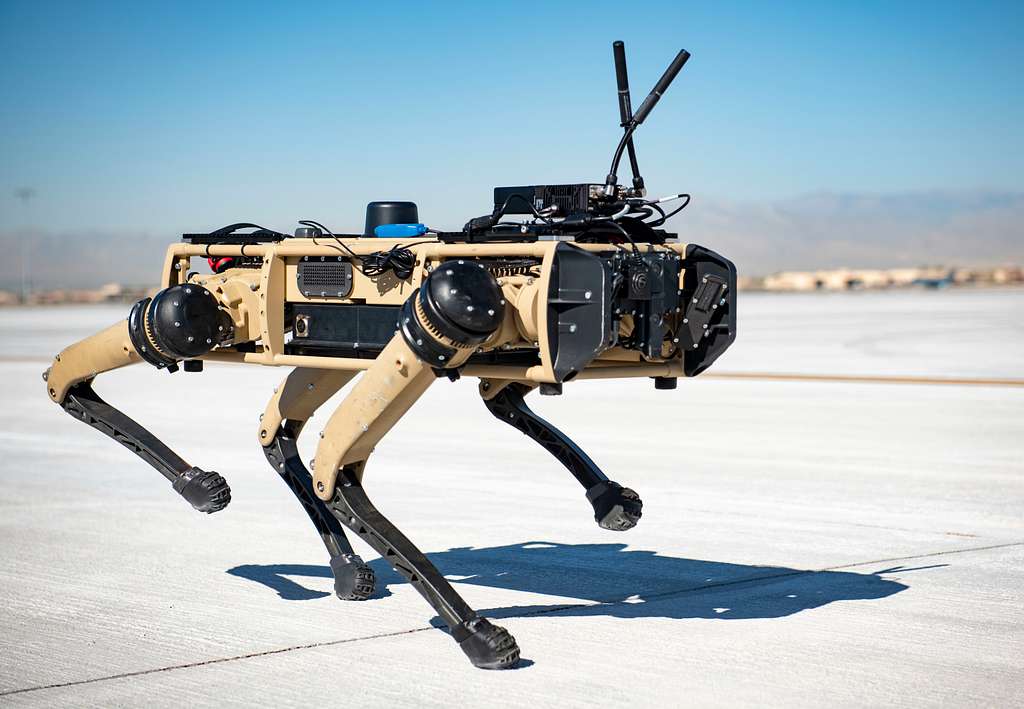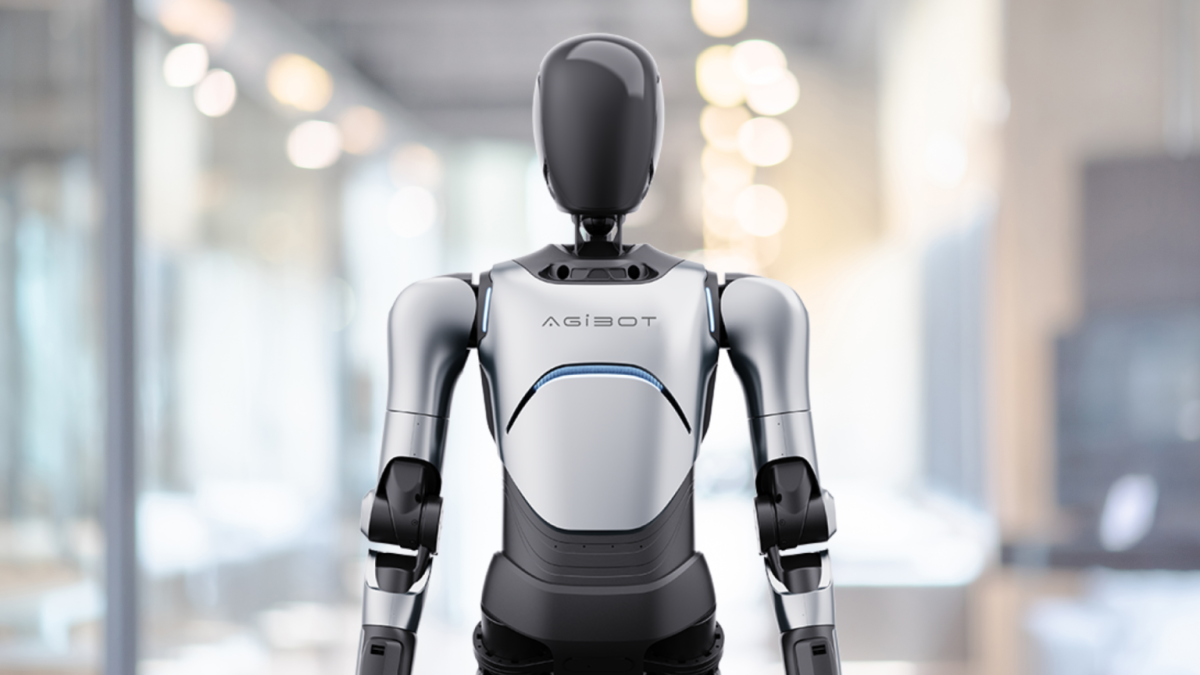Imagine a world where surgery happens from the inside out. Microscopic robots, smaller than a grain of rice, navigate your bloodstream, delivering medication directly to diseased cells or performing delicate procedures with unmatched precision. This science fiction scenario is quickly becoming science fact, thanks to the burgeoning field of micro robotics.
Microrobots, also known as micromachines or micromanipulators, are miniature robots designed to operate on a micrometer scale (one-millionth of a meter). These tiny machines are engineered from various materials, including silicon, polymers, and even living cells. They can be powered by onboard batteries, light, or even magnetic fields.
The potential applications of microrobots in medicine are vast and revolutionary:
- Targeted Drug Delivery: Microrobots could deliver medication directly to diseased cells, minimizing side effects on healthy tissue. Imagine a tiny robot loaded with chemotherapy drugs, targeting only cancerous tumors.
- Minimally Invasive Surgery: Microrobots could perform delicate surgeries within the body, eliminating the need for large incisions and reducing recovery time.
- Clot Removal: Microrobots could navigate clogged arteries and remove blood clots, potentially preventing strokes and heart attacks.
- Disease Diagnosis: Microrobots could be used to diagnose diseases by collecting samples from deep within the body.
While micro robotics is still in its early stages, significant advancements have been made. Researchers have developed microrobots capable of swimming, climbing, and even manipulating objects on a microscopic scale.
Challenges remain, however. One major hurdle is developing effective control systems for these tiny machines. Ensuring their safe navigation within the complex environment of the human body is crucial. Additionally, the manufacturing and biocompatibility of microrobots require further refinement.
Despite these challenges, the potential benefits of microrobots in medicine are undeniable. This technology holds the promise of revolutionizing healthcare, offering new minimally invasive and targeted treatment options for a wide range of diseases. As research continues to advance, microrobots could usher in a new era of medical intervention, one tiny step at a time.
Related Stories:
https://englishpluspodcast.com/nanotech-wonders-the-tiny-titans-revolutionizing-medicine/
https://www.linkedin.com/pulse/microrobots-tiny-titans-innovation-sathish-periasamy-snvmc
https://www.linkedin.com/pulse/microrobots-diminutive-titans-reshaping-modern-technology-david-cain
Take Action:






